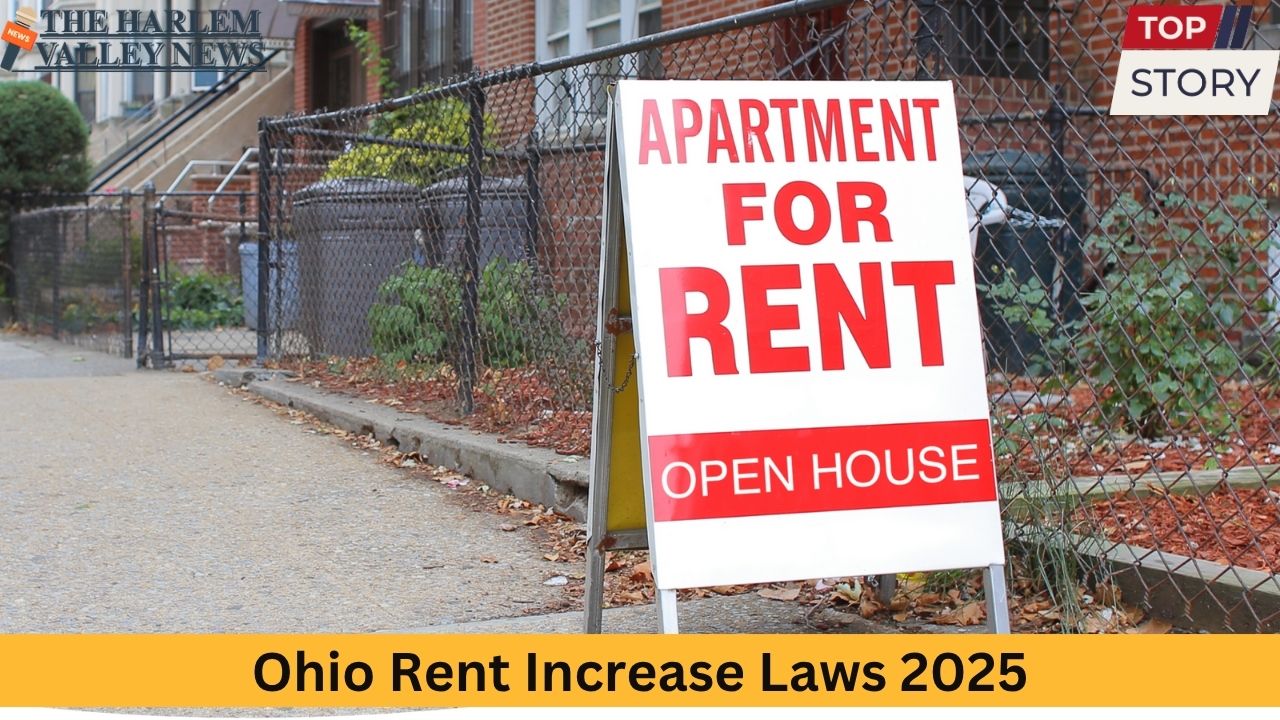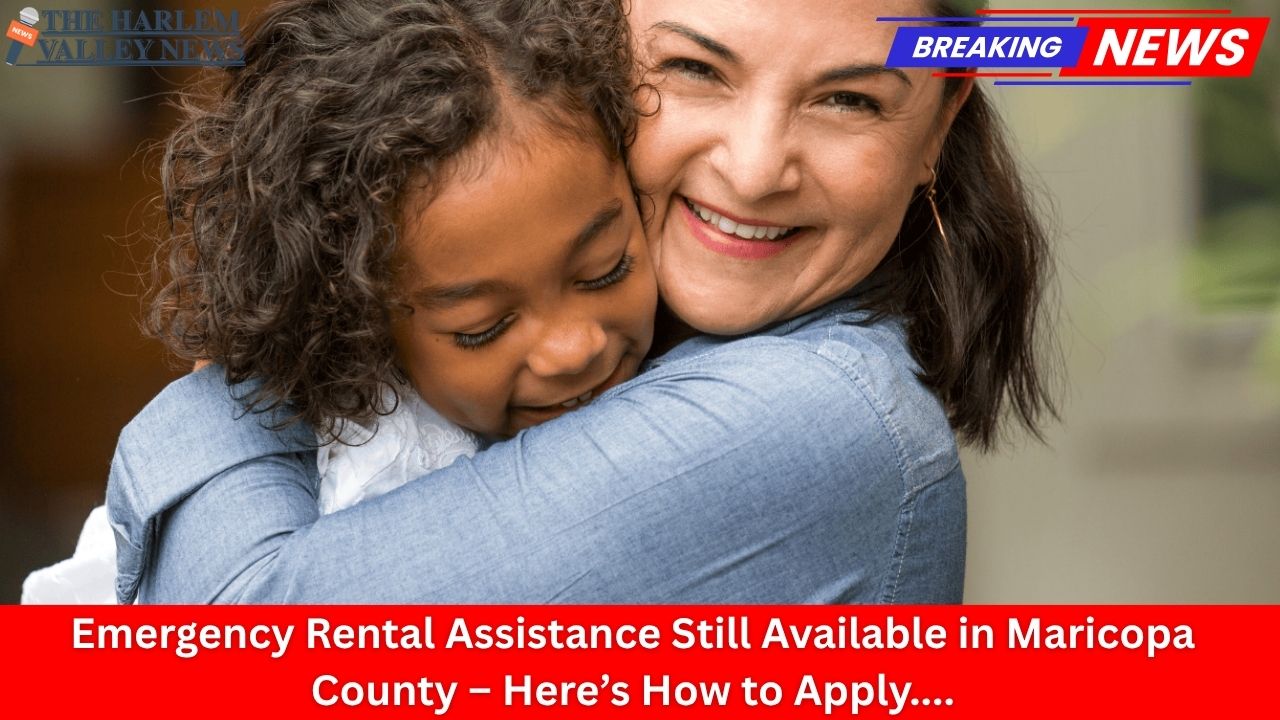In recent years, the concept of debt forgiveness has gained traction in the United States, especially among seniors in states like Ohio. Debt forgiveness refers to when a lender, institution, or creditor agrees to cancel all or part of a borrower’s outstanding debt, relieving them from the responsibility of repayment. With the prevalence of scams and misinformation, many Ohio seniors find themselves asking, “Is debt forgiveness legitimate?” The answer isn’t simple—it depends on the type of debt, the program in question, and the organization offering the forgiveness.
Debt Forgiveness at a Glance
| Program Type | Debt Eligible | Legitimacy | Risks/Considerations |
|---|---|---|---|
| Federal Student Loan Forgiveness | Federal student loans only | Highly regulated by the government | Applications can take time; not all applicants qualify |
| Credit Card Debt Settlement | Revolving credit debt | Varies—use reputable agencies | Risk of scams; may impact credit score |
| Medical Debt Relief | Medical bills | Legitimate when provided by hospitals or charities | Debt buyers may still pursue payment; credit impact |
| IRS Tax Debt Relief | Back taxes owed to IRS | Legal via government programs | Beware tax “resolution” scams; documentation needed |
| Payday Loan Forgiveness | Payday or short-term loans | Rarely legitimate; many scams | High risk of predatory schemes |
How Legitimate Debt Forgiveness Works
Legitimate debt forgiveness programs exist, but they are almost always provided through regulated channels, such as government programs, established nonprofit credit counseling agencies, or as part of a court-administered bankruptcy proceeding. For example, federal student loan forgiveness programs are authorized by the U.S. Department of Education and have strict eligibility criteria. Similarly, certain IRS tax debts may be settled or reduced through programs like the Offer in Compromise.
When pursuing debt forgiveness, an essential step is understanding who is offering the program. Reputable debt relief agencies will typically provide free or low-cost counseling, will not promise blanket debt cancellation, and will always clarify the terms and potential impact on your credit score or finances.
Warning Signs of Debt Forgiveness Scams
Unfortunately, seniors are often targeted by predatory scammers. Some promises may sound too good to be true—and usually are. Common warning signs include:
-
Upfront fees for “guaranteed” debt cancellation before any services are rendered.
-
Companies that pressure you to stop communicating with your creditor.
-
Requests for sensitive personal information before providing details about their programs.
-
Unregistered or unlicensed agencies not recognized by the Ohio Attorney General’s Office.
-
Promises that all debt—regardless of type—will be wiped away overnight.
Impact on Credit and Taxes
While legitimate programs provide relief, debt forgiveness can affect your financial standing. Most forms of debt cancellation—outside of bankruptcy—can negatively impact your credit report. For example, forgiven credit card or loan debt is typically reported as “settled” or “charged off,” making it harder to obtain credit in the future.
Tax consequences are also a concern. The IRS may treat canceled debts as taxable income, depending on the amount and type of forgiveness received. Seniors should consult with a trusted tax advisor before making decisions, particularly with large debts.
Special Considerations for Ohio Seniors
Ohio has specific protections for older residents facing debt. State and federal law generally protects Social Security benefits, certain pensions, and supplemental income from most creditors except in specific cases such as back taxes or federal student loans in default. This means legitimate debt relief services will respect these protections and provide guidance tailored for seniors.
Additionally, the Ohio Attorney General’s Office regularly updates information and issues warnings about recurring debt forgiveness scams targeting seniors. Seniors should contact their local Area Agency on Aging or the Attorney General’s consumer protection division if they are approached by entities offering suspicious forgiveness programs.
Navigating Credit Counseling and Nonprofit Help
Ohio seniors interested in debt relief should consider contacting nonprofit credit counseling organizations. Certified counselors can review finances, suggest budgeting strategies, negotiate payment plans with creditors, or provide referrals to legitimate government programs for debt reduction. The National Foundation for Credit Counseling (NFCC) and Ohio-based agencies can be valuable resources.
Payday Loans and Predatory Lending
One of the biggest dangers for seniors is predatory “debt cancellation” for payday or high-interest loans. Most legitimate agencies do not endorse payday loan forgiveness. Instead, reputable counselors focus on negotiating manageable repayment terms or providing emergency assistance rather than promising unrealistic quick-fix solutions.
Bankruptcy as a Last Resort
For some Ohio seniors, bankruptcy may be the most viable form of debt cancellation. While it is a significant step with long-lasting effects on credit, certain debts, such as medical bills or personal loans, may be discharged through Chapter 7 or Chapter 13 bankruptcy. Seniors considering this step should consult with a licensed Ohio bankruptcy attorney to understand eligibility, consequences, and alternatives.
Frequently Asked Questions about Debt Forgiveness
Is debt forgiveness ever free?
Legitimate government forgiveness programs and nonprofit agencies may offer free counseling or application assistance. However, debt forgiven through settlement or legal processes may have fees, tax implications, or both. Any agency demanding advance payment or a high fee upfront should be viewed with suspicion.
How can I confirm if a debt forgiveness offer is legitimate?
Check the credentials of the person or company, look for registration with Ohio’s consumer protection agencies, and research reviews or complaints. Ask for all terms in writing and never sign documents without reviewing them carefully or consulting a financial advisor.
What if I am being threatened by a creditor or agency?
Ohio law prohibits creditors from harassing or making illegal threats. Threatening lawsuits, wage garnishment, or jail time are red flags unless initiated through official court proceedings. Report harassment or suspected scam behavior to the Ohio Attorney General or Federal Trade Commission.
Conclusion
Debt forgiveness can be a lifeline for struggling seniors, but only when approached through legitimate channels that follow state and federal regulations. Ohio’s senior residents should remain vigilant, educate themselves about the risks, and seek trusted advice before accepting any debt cancellation offers. Remember, there is no such thing as a “one size fits all” solution—each case requires careful evaluation to ensure that the debt forgiveness program is not only legitimate but also truly beneficial for you in the long run.
















Leave a Reply